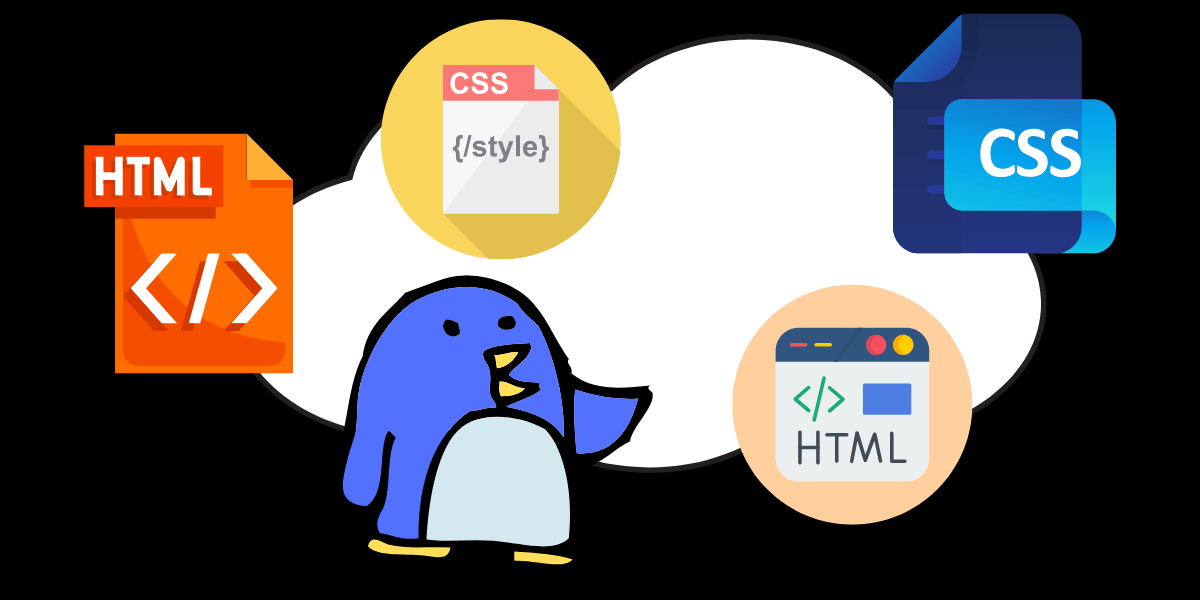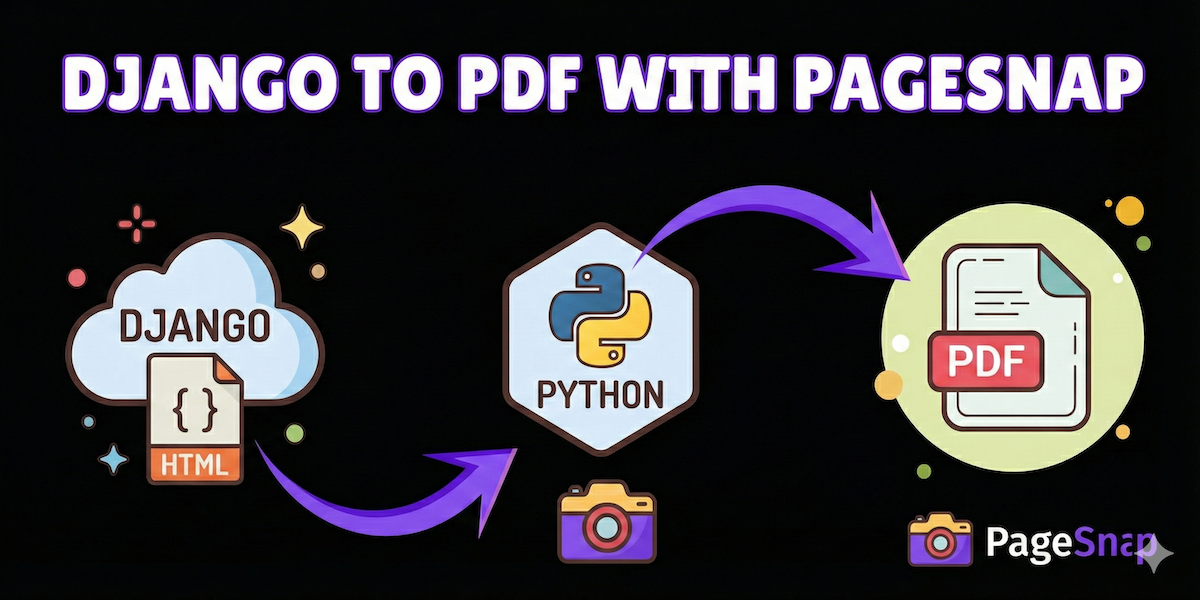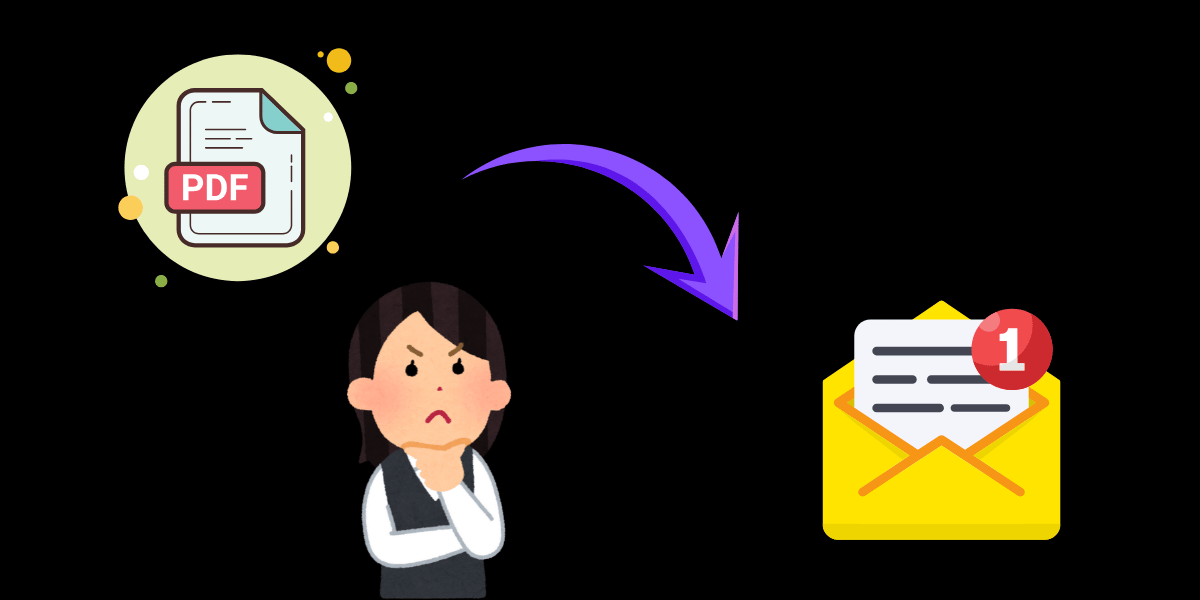Converting HTML to JSON for PageSnap.co and PDF Generation APIs: A Developer’s Guide
When working with PDF generation APIs like PageSnap.co that accept HTML content via JSON payloads, one of the most common challenges developers face is properly formatting complex HTML documents. If you’ve ever tried to manually escape HTML content for JSON and encountered mysterious errors like “Target closed” in Puppeteer, you’re not alone.
The Challenge
Many PDF generation services, including PageSnap.co, require HTML content to be passed as a JSON string within their API payload. PageSnap.co’s typical structure looks like this:
{
"contents": {
"htmls": [
"<div>Your HTML content goes here as a single escaped string</div>"
]
}
}The challenge arises when your HTML contains:
- Multiple lines and complex formatting
- Embedded CSS styles
- Double quotes in attributes
- Special characters and whitespace
Manual escaping is error-prone and time-consuming, especially for larger HTML documents.
Common Issues That Cause PDF Generation Failures
Before diving into solutions, here are the most frequent problems that cause PageSnap.co and similar APIs to fail:
- Malformed HTML Structure
- Missing DOCTYPE declarations
- Unclosed tags or mismatched elements
- Duplicate closing tags
- External Resource Dependencies
- Images hosted on external servers that fail to load
- External CSS or JavaScript files that timeout
- Network connectivity issues during PDF generation
- Improper JSON Escaping
- Unescaped double quotes breaking JSON structure
- Newlines and tabs not properly handled
- Special characters causing parsing errors
These issues are particularly common when integrating with PageSnap.co, as the service expects well-formed JSON with properly escaped HTML content.
The Solution: Programmatic Conversion
Instead of manually escaping HTML content for PageSnap.co, use your programming language’s built-in JSON encoding capabilities. Here’s how to do it in the most popular languages:
- Node.js
- Use
JSON.stringify()to automatically handle all escaping
- Use
- PHP
- Use
json_encode()with appropriate flags
- Use
- Python
- Use
json.dumps()for clean conversion
- Use
Conclusion
Whether you’re integrating PageSnap.co into a document management system, generating invoices, or creating reports, the key is to let your programming language handle the escaping automatically while you focus on ensuring your HTML is well-formed and doesn’t depend on external resources that might cause the PDF generation to fail.
Remember: when in doubt, start with a simple HTML document to test your PageSnap.co integration, then gradually add complexity once you’ve confirmed the basic conversion is working correctly.







